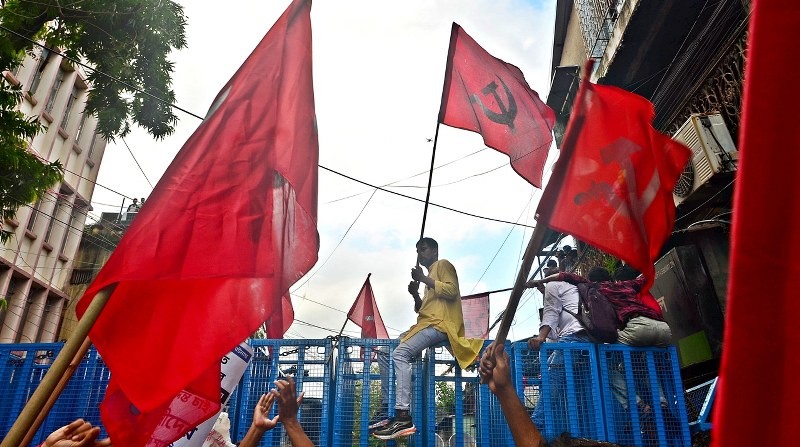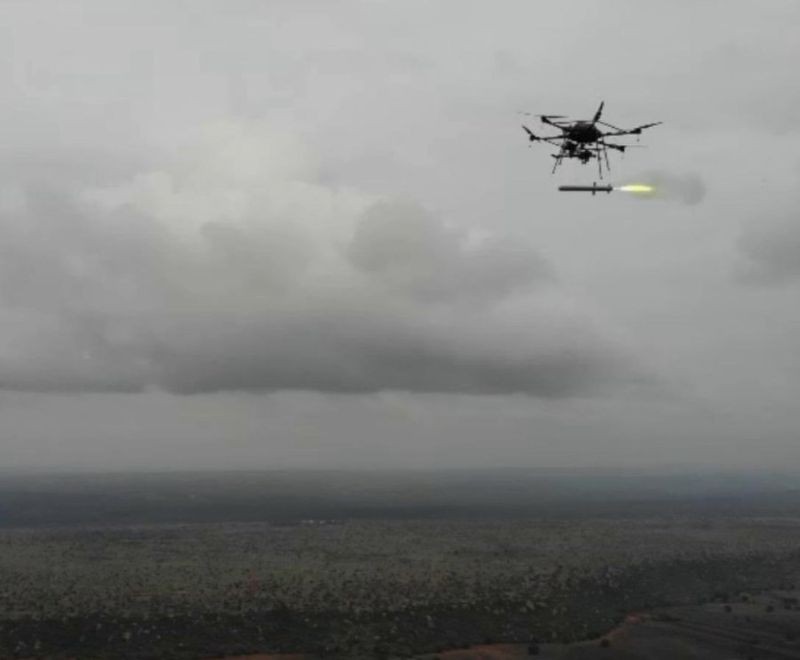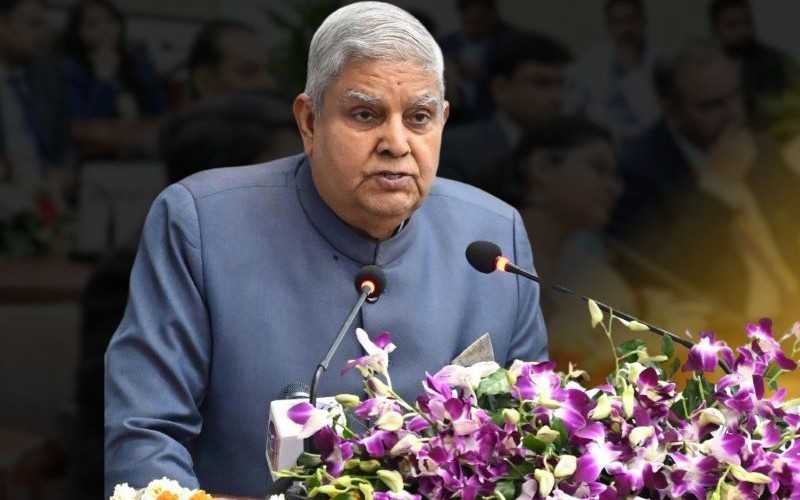Current Foreign Policy of Uzbekistan and Constitutional Reform
Over the past two-plus decades, significant changes have taken place in international relations and world economy. These are characterized by increased interconnectedness and interdependence of countries in the global processes.
Along with this, tensions have significantly increased between the leading players in world politics, primarily between the United States and Russia, and the United States and China. This contest has been influencing the foreign policy of other countries, trajectory of international economic relations.
The increasing complexity of international relations requires new approaches from members of the world community and the search for optimal ways to meet challenges at the national, regional and global levels in order to maintain favorable conditions for sustainable development.
Sh. M. Mirziyoyev, President of Uzbekistan, has introduced social, economic and political reforms to address the changing global processes in 2016. These are aimed at strengthening independence and creating favorable conditions for sustainable development in Uzbekistan. In a short time, the Strategy of actions on five priority areas of development of Uzbekistan in 2017-2021 was developed and adopted in February 2017, which kept the country from sliding to the periphery of world politics and economy and served as the basis for the implementation of the Development Strategy of the New Uzbekistan for 2022-2026.
This Strategy became a logical continuation of the course of creating favorable conditions for sustainable development, which in turn determined the objective need for the current constitutional reform.
The need to renew the Constitution was also caused by demographic changes in our republic, an increase in the population, which, according to sociologists, will reach 50 million people by 2040. At the same time, more than half of the population will be young people, who will need to create decent living conditions, including social guarantees, effective governance, as well as a well-developed and stable economy and security. This, in turn, requires the creation of a new legal framework and above all the Constitution.
Today, the proposed draft of the Basic Law provides for more than 200 amendments, including the inclusion of 6 new articles. These changes concern almost all spheres of life of our people, who were the main initiators and authors of all the proposed changes. These proposals relate to the social sphere, education, institution of the family, labor relations, rule of law, human rights and freedom of speech, strengthening parliamentary processes, expanding the powers of the executive branch, as well as foreign policy.
However, the scope of our article does not allow us to dwell in detail on all of these areas, and therefore I would like to focus on one of them - the sphere of foreign policy. In particular, article 17 of the new version of the Constitution of the Republic focuses on the fact that the Republic of Uzbekistan in its foreign policy follows the principles of peaceful settlement of disputes and non-interference in the internal affairs of other States.
Based on this principle, Uzbekistan has consistently made efforts to resolve long-standing border, territorial and water-energy problems with the Central Asian states. Since the end of 2016, a new negotiation process has been launched on the delimitation and demarcation of borders with all Uzbekistan's neighbors. From August 2016 to July 2018, 63 meetings were held between Uzbekistan and its neighboring countries. This includes 17 meetings with Kazakhstan, 27 with Kyrgyz Republic, nine with Tajikistan, nine with Turkmenistan and one with Afghanistan.
Uzbekistan's focus on strengthening and enhancing bilateral ties with Kazakhstan led to signing of the agreements on allied relations and on the demarcation of the state border in Tashkent in December 2022. The solution of border problems has significantly increased the trade turnover between the two countries. From 2016 to 2022 the volume of bilateral trade turnover doubled and exceeded $4 billion. The countries intend to reach an annual trade volume of $10 billion over the next five years.
Notable progress and agreements were reached with Turkmenistan. In March 2017 the Presidents of Uzbekistan and Turkmenistan signed the Agreement on strategic partnership between the countries, which facilitated the resumption of negotiations between the parties on the demarcation of the joint border. The determination of the parties to resolve the remaining issues was reflected in the Declaration on Deepening Strategic Partnership signed in Ashgabat in October 2022.
Significant changes have also taken place in Uzbek-Tajik relations. During the visit of Sh.M.Mirziyoyev to Tajikistan in March 2018, about 27 documents on cooperation in various fields were signed, the visa regime was canceled. The Uzbek side expressed readiness to comprehensively consider the possibility of participating in the construction of hydropower structures in the Republic of Tajikistan, including the Rogun hydroelectric power plant (HPP), taking into account compliance with generally recognized international norms and standards for the construction of such facilities.
Positive results have also been achieved in Uzbek-Kyrgyz relations. Tensions were also addressed over the construction of the Kambarata hydroelectric power plant. The countries have agreed on cooperation in the field of investments, including the Kambarata HPP project.
The trade turnover between the two countries has grown significantly. According to last year's data, the trade turnover between the two countries reached $1.3 billion, and over the past six years it has grown eight times.
It is important to mention significant changes that have taken place in Uzbek-Afghan relations. Tashkent firmly believes that the prospects for stable and sustainable development of Central Asian countries has an inseparable connection with the development of the situation in neighboring Afghanistan and its reconstruction. Today, humanitarian assistance is being provided to Afghanistan, which finds itself in a very difficult situation, aggravated by the coronavirus pandemic, deep economic and humanitarian crisis.
Particular attention is paid to the problem of water resources in the region, affecting the interests of the countries of Central Asia and Afghanistan. In this regard, Uzbek President Sh.M.Mirziyoyev underlined the need to start a practical dialogue on the construction of a new canal in the Amu Darya basin with the interim Government of neighboring Afghanistan and the international community on the basis of international norms and taking into account the interests of all countries in the region.
Another principle reflected in the draft of the renewed Constitution is the principle of sovereign equality of States. Based on this principle, the «India-Central Asia» Ministerial Dialogue was launched in Samarkand in January 2019. In the following 2020 year the President of the Republic of Uzbekistan took the initiative to intensify cooperation with the countries of South Asia.
The International Conference "Central and South Asia: Regional Interconnectedness. Challenges and opportunities" held in Tashkent in July 2021, the real embodiment of this initiative. The conference attracted attention and support in the region and far beyond its borders.
The problems and prospects of cooperation and connectivity of the two neighboring regions found their further continuation within the framework of «India-Central Asia» dialogue at the highest level in January 2022. Shavkat Mirziyoyev, speaking at this summit, invited India to develop cooperation in healthcare, education and information technology. At the same summit, Indian Prime Minister Narendra Modi emphasized that "Central Asia is central to India's vision of an integrated and stable, extended neighborhood".
Further development and expansion of cooperation of the Republic of Uzbekistan is not limited only to the framework of Central and South Asia and includes expansion of cooperation with traditional partners in the Asia-Pacific region, USA, Canada and the countries of America, in the Middle East and Africa, traditional partners within the CIS countries.
In general, the achievements of the renewed foreign policy of Uzbekistan over the past six years reflect its priorities based on the fundamental principles of peaceful settlement of disputes and non-interference in the internal affairs of other States, as well as the sovereign equality of States.
This approach emphasizes the peaceful nature of the Republic's foreign policy. Thе positive development was facilitated by the initiatives of the head of our state Sh.M.Mirziyoyev aimed at discussing regional and interregional problems by reaching reasonable compromises on all problematic issues and creating comprehensive conditions for sustainable development.
(The writer is Deputy Director, Diplomatic Academy at the University of World Economy and Diplomacy (UWED), MFA of the Republic Uzbekistan. The opinion expressed in the article is of the writer.)

.JPG)
.JPG)




